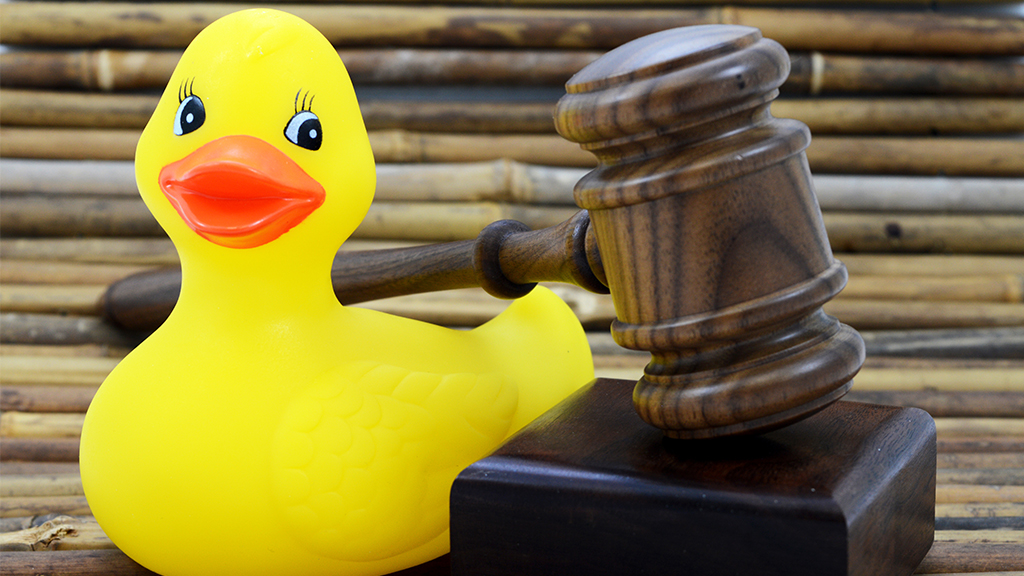by STEPHANIE POTTICK, ESQ., Pottick Law PC & Protect for Success
Whether it’s an action figure or a collectible, a vehicle or an R/C toy, outdoor games or hobby supplies, or even tabletop games, IP is an essential tool when it comes to protecting your products and enforcing them in the marketplace.
But IP can also get you into trouble if you’re not careful. The last thing you want is to be on the receiving end of a legal complaint claiming your products infringe on someone else’s IP.
So, what steps can you take to help prevent IP infringement?
• For trademarks: You can search online to see if anyone is already using your mark (or one that’s confusingly similar) in connection with the same or related products, and then make sure a thorough search of the U.S. Patent and Trademark Office (USPTO) is made by an experienced trademark attorney — ideally before you adopt and use that mark.
•For copyrights: You can try to see if anything similar has been registered with the U.S. Copyright Office, and you can also reverse search your content or image online.
The bottom line: Choosing to use and/or enforce IP is your business decision to make.
• For patents: A knowledgeable patent practitioner should do a priority search and patentability analysis. It’s important to know what’s out there and how to steer around any potential infringement.
Not doing your due diligence opens you up to potential lawsuits and possible government enforcement.
An article in The Toy Book detailed a recent example of alleged patent infringement relating to toy blasters. Spin Master and Hasbro filed a joint complaint with the U.S. International Trade Commission (USITC), which then opened an investigation into whether other companies were infringing on their patents. It’s worth mentioning: Having valid patents in the first place enabled them to enforce their IP to help stop others from infringing.

By having registered IP, you can get help with enforcement from various government agencies like the USITC and U.S. Customs and Border Protection (CBP). For example, CBP’s e-recordation program lets IP owners get border enforcement, and citing violations of Section 337 of the Tariff Act of 1930 (which is what Spin Master and Hasbro alleged) is another way to get the government’s help to enforce IP rights.
In some cases, an IP owner may get an injunction to stop the infringement, destroy the infringing goods, or collect monetary damages. Sometimes all three occur with remedies determined on a case-by-case basis.
The bottom line: Choosing to use and/or enforce IP is your business decision to make. While there is no way to know whether another IP owner (or a government agency) will pursue your use of any trademark, copyright, or patent, doing your due diligence beforehand will allow you to understand the risks and make the best decision for your situation. Stay safe and stay legal!
A version of this feature was originally published in The Toy Book’s 2024 Action & Adventure Issue. Click here to read the full issue! Want to receive The Toy Book in print? Click here for subscription options!




